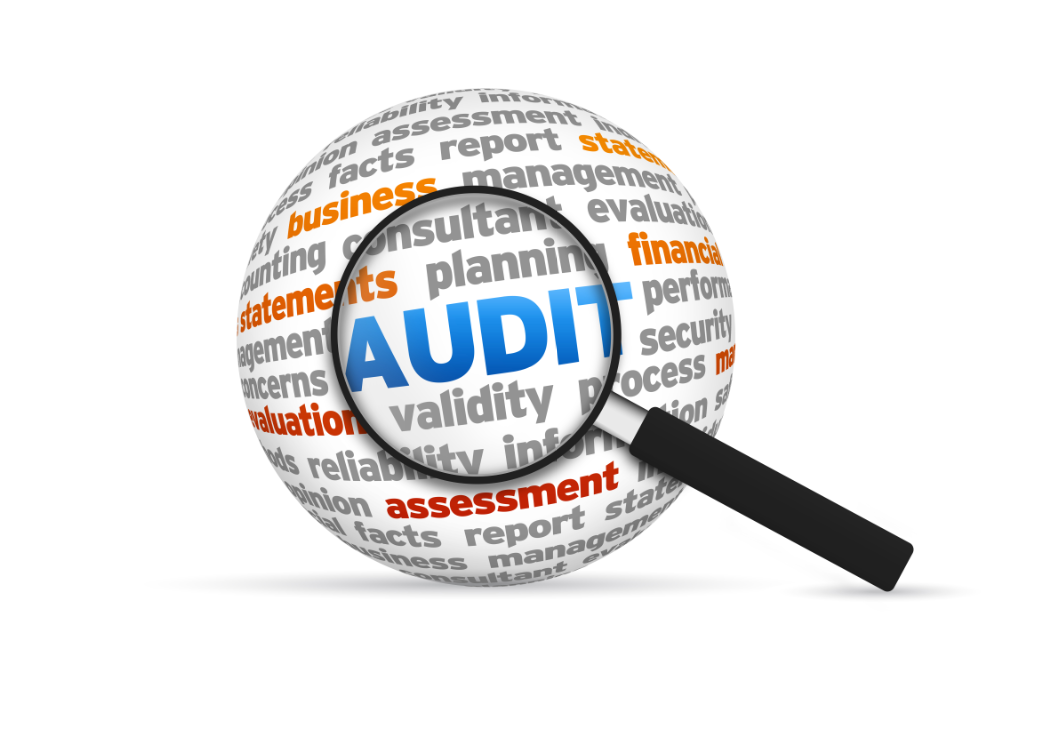Come 31 December 2020, many external auditors will be planning for the audit busy season and the issue of remote stocktakes (more on this in a future blog) and carrying out remote audits.
31 December is the most common company year end in Ireland. Because the pandemic struck after 31 December 2019, the Coronavirus (Covid-19) was deemed, in most cases, to be a non-adjusting post balance sheet event. For 31 December 2020 period ends, auditors no longer have that luxury and will need to take even greater care with events taking place in their audit clients since the advent of the Coronavirus (Covid-19) in March 2020.
One UK firm I have come across is having partner consultations on every audit report they issue. Obviously, this approach may not be appropriate for all audits, as some client sectors are more affected by Covid-19 than others. It is very important that attention be give to the following key items:
- Transparent and logical documentation of any revised audit approach;
- Direct lines of communication within the firm and
- Written evidence of compliance.
Many of the issues faced by the management and staff of client entities are also faced by auditors. In both cases, where we come in and out of lockdown, there is a need to manage younger staff, staff with small children/dependents and staff working in less than ideal home environments. Auditors will need to include in their 2020 audit plans the potential risk and/or impact of secondary outbreaks that may lead to the reintroduction of restrictions in early 2021.
Five matters that are critical to consider:
- Consider accuracy, completeness, relevance, and reliability. These are the four critical audit evidence components. You have to use your judgment as to what is reliable, relevant evidence that you can use in an electronic environment.
- Beware of the potential for cyberattacks. There seems to be increased risk related to hackers trying to take advantage of Covid-19 using various scams related to the Pandemic.
- Use laptop cameras effectively for client and team meetings. Video discussions and interviews with clients are going to be essential in the remote audit process.
- Flexible schedules. Clients as well as audit team members will welcome this. Flexibility is called for here so everyone is willing to adjust timetables to make it convenient and more accessible for clients. Some people may work better from 7 a.m. to 9 a.m. Or 6 p.m. to 8 p.m., depending on daily routines.
- Be prepared for change. Post Covid-19 business will be done differently. By now technology has taught us that there are more ways of getting things done, than we had allowed, prior to Covid. Firms will need to plan for the short, medium, and long-term as to how remote working is going to impact.
For a complete list of our time-saving engagement letter templates for audit, non-audit, tax, grant claims, forensic services and other templates like letters of representation dealing with Brexit and Covid-19, visit our store here.
We also have a suite of 19 webinars if you want to catch up on your CPD before the end of 2020 here.
For the latest technical resources on Covid-19 please visit the






